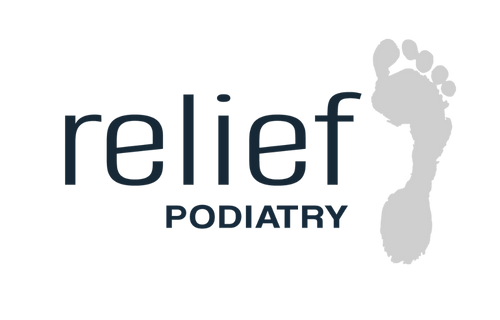Exploring Prader-Willi Syndrome in Podiatric Practice
Prader-Willi syndrome (PWS) is a complex and rare non-inherited genetic disorder caused by abnormalities in chromosome 15. In newborns, symptoms include weak muscles, poor feeding, and slow development. Beginning in childhood, those affected have an insatiable appetite, which can lead to life-threatening obesity. Strict food supervision is typically required from an early age in combination with an exercise program. Growth hormone therapy also improves outcomes by enhancing body composition and motor development. Although PWS has no cure, early interventions can help improve patient outcomes. Below are some of the ways a PWS patient can benefit from podiatric intervention.
How does PWS affect the lower limbs?
Hypotonia (weakness in muscles): PWS can specifically affect the lower limb muscles.
Flat feet: Most kids with PWS will develop flat feet around the time they start walking.
Early onset Obesity: Can lead to the early development of diabetes and other comorbidities.
Developmental delay: People with PWS are typically smaller in stature and have smaller feet. There may also be delays in learning to walk.
Kyphoscoliosis (spinal disorder) and Hip dysplasia: can affect gait and posture and impair balance.
Foot abnormalities: Various foot abnormalities have been associated with PWS, such as pes planus, pes cavus, metatarsus adductus, and hallux abducto valgus (bunions).
Increased frequency of osteoporosis: Higher risk of stress fractures.
Podiatric Treatments for PWS:
Ankle-foot Orthoses (AFOs): can be used in early walking stages to assist with lower limb weakness.
Custom Orthotics: for flat feet to realign pressures and support the foot while walking.
Orthopedic Shoes: lightweight supportive footwear.
Resistance Training: to combat weak lower limb muscles and prevent muscle atrophy.
References:
Driscoll, D. J., et al. "Prader-Willi syndrome." GeneReviews, 2017.
Butler, Merlin G., et al. "Prader-Willi Syndrome." GeneReviews®, 2022.
